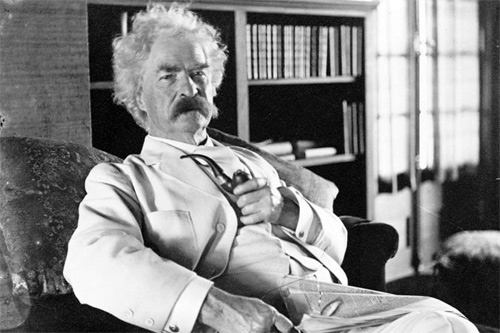News

The Dutch translation of my novel, Secret Son, is being published this week in Amsterdam, under the title De Geheime Zoon. Since this blog has a fair number of Dutch readers, I thought I’d mention this. Go out and get it! I won’t be traveling to the Netherlands this time, but I hope that readers who read the book will report back with their thoughts.
One of the books I’m most excited about this fall is Chinua Achebe’s The Education of a British-Protected Child, a collection of essays about his life in Nigeria and America. It’s being published this week and I believe this is his first book since Home and Exile, which was based on lectures he gave at Harvard. There is some coverage at Reuters, though it follows the usual, predictable track: famous novelist, Things Fall Apart, grandfather of African literature, etc.
This week, the American Library Association observes Banned Books Week, an effort at raising awareness about censorship and the freedom to read. Many books have been challenged, or entirely banned, over the years in the United States, including, at various times, Beloved, The Great Gatsby, Catch 22, The Grapes of Wrath, and (my personal favorite) The American Heritage Dictionary, which was removed from a Missouri library in 1978 because it contained “objectionable” words. Interestingly, the most common initiators of book challenges are parents. You can find a list of classics that have been challenged or banned over the years here.

From the essay “Corn-Pone Opinions,” which Twain wrote in 1901 but didn’t publish during his lifetime. It first appeared in print in 1923.
Men think they think upon great political questions, and they do; but they think with their party, not independently; they read its literature, but not that of the other side; they arrive at convictions, but they are drawn from a partial view of the matter in hand and are of no particular value. They swarm with their party, they feel with their party, they are happy in their party’s approval; and where the party leads they will follow, whether for right and honor, or through blood and dirt and a mush of mutilated morals.
In our late canvass half of the nation passionately believed that in silver lay salvation, the other half as passionately believed that that way lay destruction. Do you believe that a tenth part of the people, on either side, had any rational excuse for having an opinion about the matter at all? I studied that mighty question to the bottom — came out empty. Half of our people passionately believe in high tariff, the other half believe otherwise. Does this mean study and examination, or only feeling? The latter, I think. I have deeply studied that question, too — and didn’t arrive. We all do no end of feeling, and we mistake it for thinking. And out of it we get an aggregation which we consider a boon. Its name is Public Opinion. It is held in reverence. It settles everything. Some think it the Voice of God.
You can find the essay online here.
Photo Credit: LAT.

From Joan Didion’s essay “The White Album,” which is on the required reading list for a class I am teaching this fall:
We tell ourselves stories in order to live. The princess is caged in the consulate. The man with the candy will lead the children into the sea. The naked woman on the ledge outside the window on the sixteenth floor is a victim of accidie, or the naked woman is an exhibitionist, and it would be “interesting” to know which. We tell ourselves that it makes some difference whether the naked woman is about to commit a mortal sin or is about to register a political protest or is about to be, the Aristophanic view, snatched back to the human condition by the fireman in priest’s clothing just visible in the window behind her, the one smiling at the telephoto lens. We look for the sermon in the suicide, for the social or moral lesson in the murder of five. We interpret what we see, select the most workable of multiple choices. We live entirely, especially if we are writers, by the imposition of a narrative line upon disparate images, by the “ideas” with which we have learned to freeze the shifting phantasmagoria which is our actual experience.
The essay appears in the collection by the same name.
Photo credit: Village Voice.


